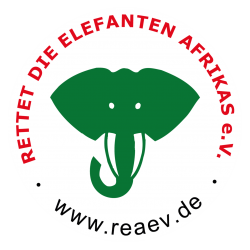According to court papers, the scheme was discovered in November 2006 when authorities found several African elephant tusks in a shipment labeled as toys. Federal agents tracked the shipment to Chau’s business, where dozens of ivory pieces were later found.
By Staff, City News Service
Monday, November 29, 2010
The owner of a Claremont doughnut shop was put on probation today for two years and ordered to pay a $3,800 fine for his part in a scheme to buy, sell and smuggle ivory from endangered African elephants into the United States.
Moun Chau, 51, of Montclair, pleaded guilty in April to one federal count of conspiracy, according to the U.S. Attorney’s Office.
According to court papers, the scheme was discovered in November 2006 when authorities found several African elephant tusks in a shipment labeled as toys.
Federal agents tracked the shipment to Chau’s business, where dozens of ivory pieces were later found, prosecutors said.
With limited exceptions, the U.S. prohibits the importation of any amount of ivory.
In his guilty plea, Chau acknowledged buying ivory that was offered for sale on eBay from an accomplice who obtained the African elephant ivory in Thailand and offered it for sale on eBay.
Some of the ivory came from African elephants, the largest mammal that lives on land, according to the U.S. Fish and Wildlife Service.
African elephants are endangered, partly due to loss of habitat and poaching of the animals, which are killed chiefly for their tusks.
Chau was charged last January with violating the Endangered Species Act and an international treaty called the Convention of International Trade in Endangered Species of Wild Fauna and Flora.
Both the U.S. and Thailand are signatories to the treaty, which prohibits the importation of any species threatened with extinction unless the U.S. has issued an importation permit and there is a foreign export permit from the country where the specimen originated.
Global wildlife smuggling generates at least $5 billion and may exceed $20 billion annually, according to a report prepared for Congress.

